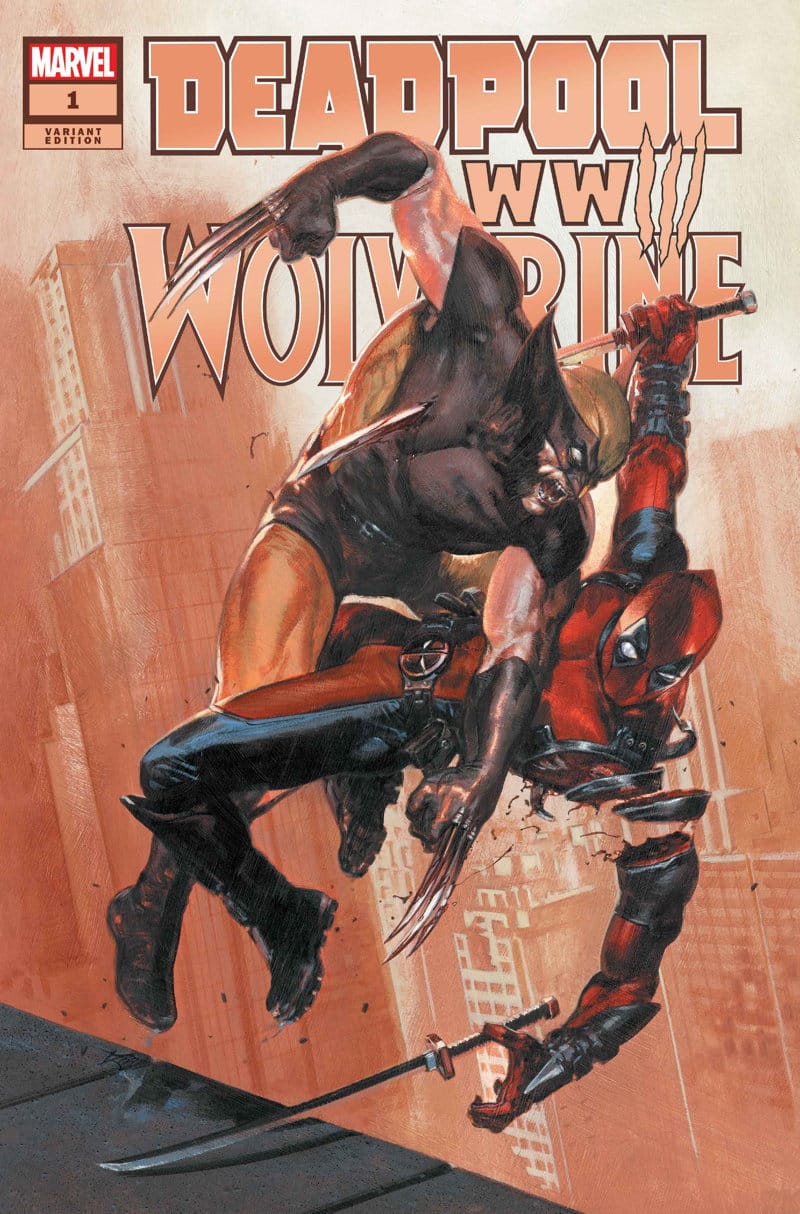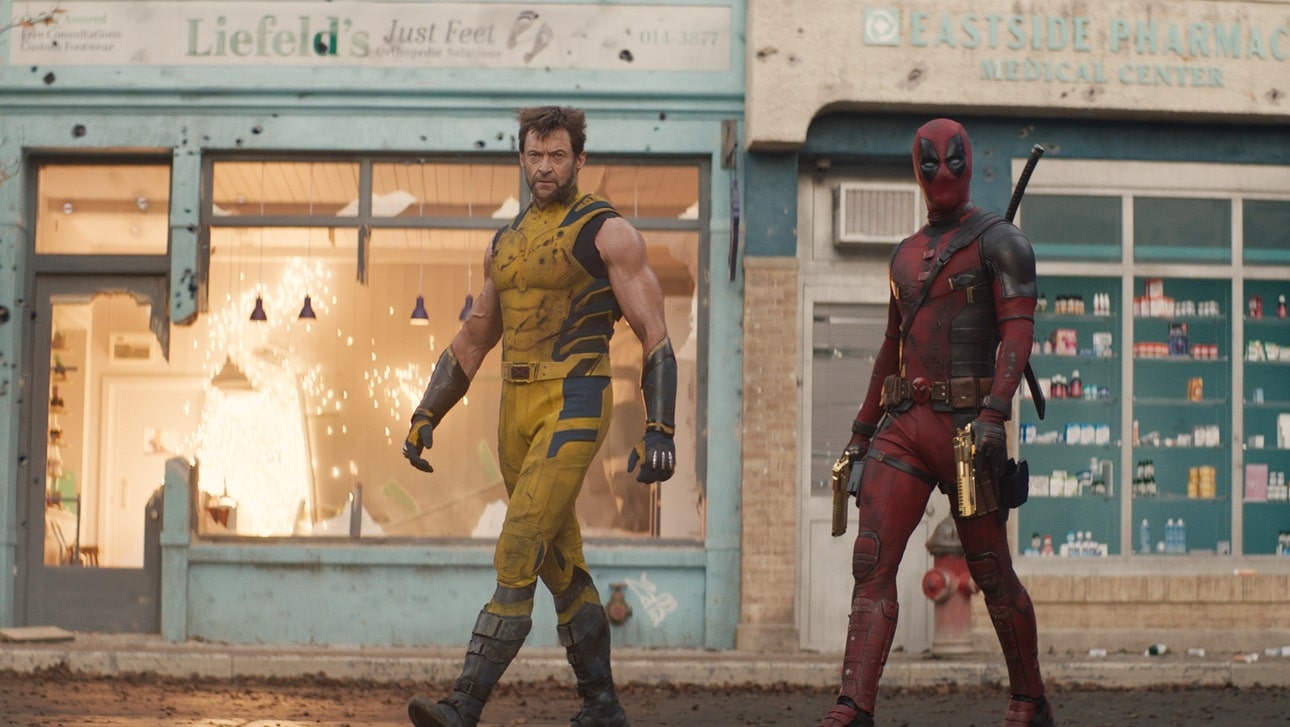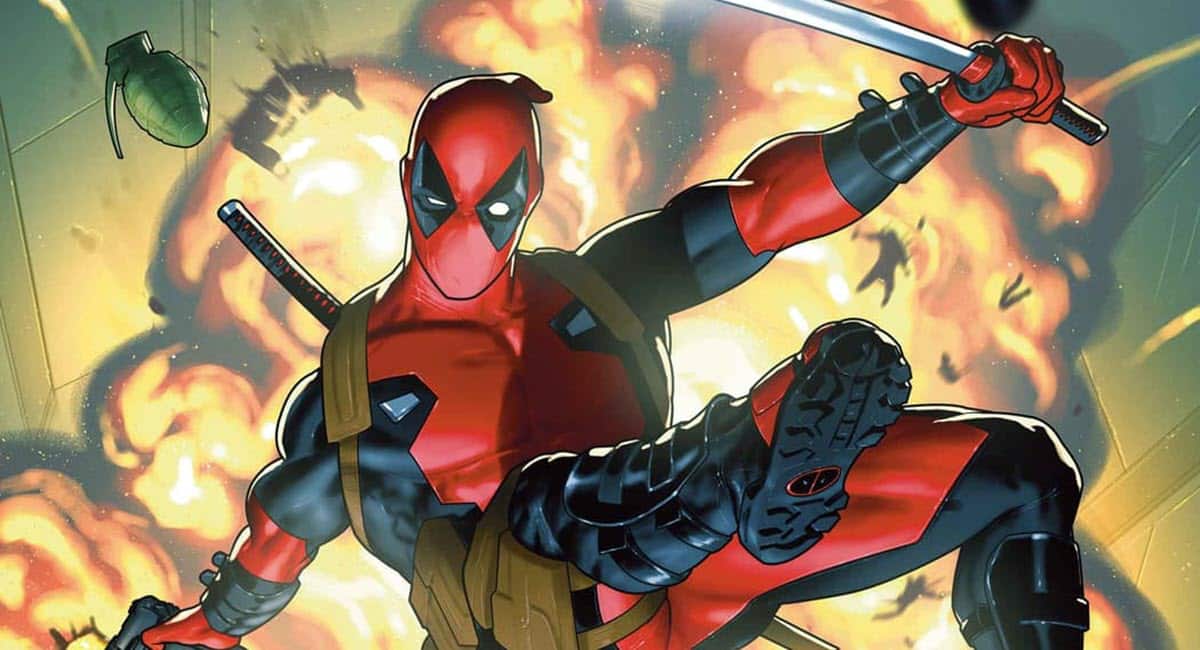Milton Griepp has done it again: a two part interview with Marvel president Dan Buckley: Part One and Part Two and BONUS, Buckley’s Keynote Speech at ComicsPRO. This is Buckley’s first interview in…a long time. As always, you should just go read everything, but I can’t resist a few comments and quotes.
Getting Buckley’s perspective on these uncertain times is certainly invaluable, and two things he hits on several times: the importance of having fun making comics (things like the Disney/Marvel crossovers) and bringing back foot traffic to stores. As he mentions, retailers report that regular Wednesday Warriors who come in week after week are a dwindling tribe, and getting them to pick up the habit again is a crucial goal. Getting the staff back in the same room after pandemic isolation is a key component of planning to do this. He’s also a big supporter of ComicsPRO’s metadata project – if you were wondering if publishers are going to cooperate on this, as we were told several times, they HAVE to.
Of the overall market, with its many channels he notes:
As I said, I think there’s a lot of change, but I feel good about the industry. There’s just some habits and new practices we’ll need to get to. I don’t know exactly what they are, but we’re experimenting and playing with different things to take advantage of those changes….
I also feel the direct market is in a much better place than most people think it is, but I will admit there’s some challenges there as we try to find our way out of the pandemic. We have to find a way to get people in the habit of going to the stores more: let’s get the Wednesday Warriors back.
To his credit, Griepp asks the tough questions, and Buckley addresses them. Of Marvel’s constant launching of mini series, he says they will be going longer with some series, hoping to get all the way to issue 20. “That is the intent. Because, to be honest, it’s a lot of work on our editorial staff, too, to restart books all the time; there’s a lot of work on our marketing staff, to re-market a book coming out. It’s to the benefit of everyone to figure this out.”
Of Marvel’s lackluster bookstore performance, he admits, “Marvel’s been a little less aggressive in that space than, let’s say, our distinguished competition and some other folks over the years….We as Marvel have to do some things in how we present our product and market it to get even more growth out of that space. I feel pretty good with where we’re going.” As far as that goes, it’s fair to point out that working with licensing partners who are successful at getting Marvel’s characters out there isn’t a bad thing.
As for important projects: Marvel is also launching their own all-ages comic this summer, Spidey and his Amazing Friends, a bargain-priced bundle ($5 for five copies for retailers) for younger readers that launches in August, and will alternate monthly with Spider-Man: Classroom Heroes, a middle grade title. Marvel will also continue with media-ties, including a push for Deadpool and Wolverine’s 50th anniversary to go along with this summer’s Deadpool & Wolverine film.
And of course, there’s the question that will launch a dozen YouTube screeds:
Over the past decade (and you alluded to this earlier), Marvel has very successfully expanded the demographics of its audience. That’s led to an overall growth in the opportunity, which almost everybody regards as a positive. But there is the thought from some quarters that that led to a decline in appeal for that old core audience of teen and young adult males. What are your thoughts on that?
I don’t think the broadening of our audience had anything to do with, if there was some degradation in our appeal with teen and young adult males. If we weren’t making the right product to resonate with them out of the core publishing business, that was on our content plan, not on the broadening of our content and demographics.
Our sales don’t indicate that we have a huge problem. Obviously the pandemic created a bunch of white noise. We have to continue to do a better job leveraging the demographic tentacles that have been created by the success of our games team, and the studios team, and Spidey and his Amazing Friends on Disney Junior.
We continue to say, how do we take advantage of this reach to help feed the comic book business and, grow and sustain that readership base. No, I don’t buy that our broadening caused a decrease in readership. You can find a specific book to say maybe that story didn’t resonate, but I don’t buy that argument.
Buckley is a very smart publishing executive who’s run Marvel through some turbulent times in the past. Whatever else you may think, he knows the pain points the industry is facing. Marvel had the benefit of being the #1 publisher for decade after decade, and then being attached to the hottest property in all media for 15 years, but there’s a sense that things will evolve…but in ways that are still a bit uncertain. “We’re looking at things slightly differently,” Buckley says. “We’re approaching things differently. We feel like we’re in a better position to help grow the industry as a whole for a variety of different reasons, but I prefer not to get into it.”
Anyhoo, there is LOTS more in the interview at ICv2. Go give it a read and let us know what you think.














Thank you for this Heidi! I’m surprised to hear him talking about coming out the pandemic still, but then I remember that my office is still adjusting as well. The fact that that Marvel may have been working 100% remote explains a lot! And Blood Hunt and the X-Men relaunch do seem to be products of people who are actually in the room talking. Don’t get me wrong, I love working remotely, but there is a lot of collaboration that is lost and in a creative field, that’s going to hurt the output. Of course they may also just be benefitting from turning these things over to Jed McKay and Gail Simone a lot too!
Also, seems like the tail may still be wagging the dog a bit. I understand the idea of serving the studio’s needs but haven’t we established by now that the comics are not really benefitting from the media success? I mean, if you couldn’t boost sales of the Avengers over 100,000 during that film series, then are we hoping that the new Captain Marvel series is going to get a boost from The Marvels? Or people will run out and by the excellent Kelly Thompson run because they saw The Marvels? All they are going to think is “why didn’t they just film this?” I think a better business model is one where the comics take the lead creatively and create the content for the studios to mine. I’ll take it one step further: Jed McKay and Rainbow Rowell wrote better Moon Knight and She Hulk series than all those writers/directors/show runners/executives at the studio. And they got paid A TON less to do it. I kind of sense that a lot the product he is optimistic about is either advertising for or hoping to capitalize on things happening in other media. I’d rather see ongoing series – in ALL FORMATS (how many chapters of One Piece are there?) – by exciting talent than limited series pumped out because of the studio’s schedule. Did we learn anything from replacing the X-Men with the Inhumans?
Comments are closed.